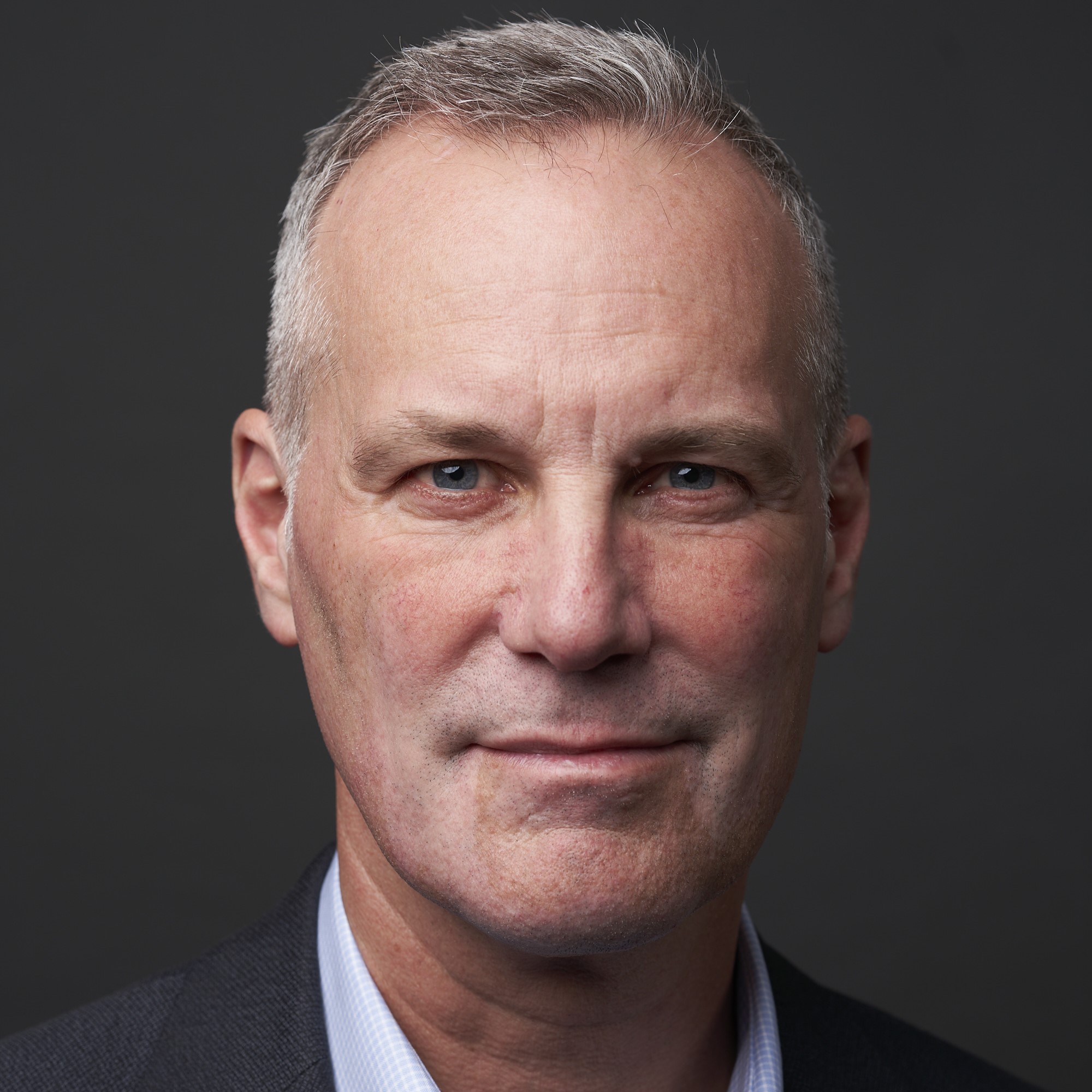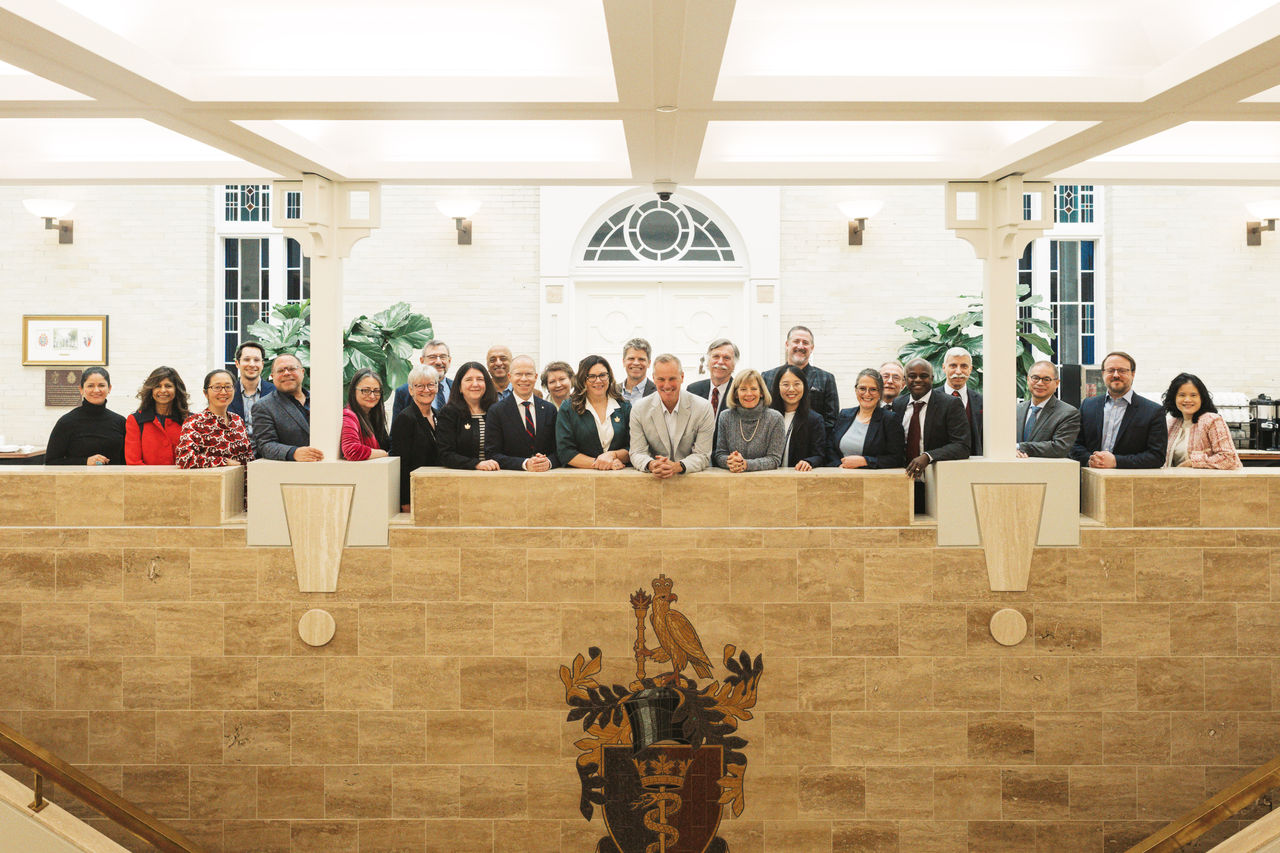- My MOC
- Directory
Menu

 4 MIN READ
4 MIN READ
Dear colleagues,
As I approach my one-year anniversary in this role, I’ve been reflecting on the power and the fragility of altruism. Volunteer energy drives the Royal College. We rely on the engagement of thousands of people – Fellows, residents, and members of the public – to enliven our work through their expertise, experience, and hard work.
Volunteers constitute the specialty committees that safeguard and nurture the health of each of our medical and surgical disciplines. They conduct the accreditation site visits that foster quality improvement and ensure high standards of education across Canada’s residency programs. They design and conduct high-quality, high-stakes examinations that assess new specialists’ readiness for unsupervised practice. They develop educational materials for physicians in practice. They contribute to policymaking, governance, and advocacy to ensure that the Royal College remains relevant to contemporary practice and health care.
In these and countless other ways, volunteers are the heart of the Royal College and the key to our vision of advancing learning for specialist physicians to deliver the best health care for all. I am immensely grateful to these thousands of colleagues and supporters whose altruistic commitment brings the Royal College’s vision to life. But I am also acutely aware of the ever-expanding set of pressures, competing priorities, and threats to wellbeing that face Canadian physicians.
Clinical work is rewarding but relentless – it is increasingly complex, sometimes thankless, and often stressful. It can be physically exhausting and emotionally draining. Its accompanying administrative burden can leave even the most enthusiastic among us feeling worn down. Physicians are in short supply in many of our specialties, particularly in medium-sized and rural communities away from large tertiary urban centres, contributing to chronic overwork. A rising tide of misinformation creates challenges in educating patients, and persisting health inequities and system inefficiencies can leave individual physicians feeling powerless.
In the face of this distinctly challenging time for the profession, I’ve contemplated not only why so many continue to share their time and expertise so generously with the Royal College, but also what we need to do to maintain and grow this critical engagement. I’ve reflected on the many conversations I’ve had with physician colleagues, as well as on my own history as a volunteer with the Royal College.
Before taking the CEO role, I was deeply involved in accreditation – as a surveyor, as chair of an accreditation survey team, and as a member and ultimately chair of the Residency Accreditation Committee. I can say without hesitation that this work was the most labour-intensive volunteer work I have ever undertaken; many of my colleagues would say the same. What motivated me to continue?
My own answer, I have learned, matches that of many volunteers with whom I have spoken. The work felt meaningful. I always learned something from it, and I always felt useful. I made enduring connections with a network of peers and colleagues from across Canada. I was able to exercise different intellectual muscles than my clinical work required, which probably helped to keep burnout at bay. In short, my motivation was that the time I put in always felt like time well spent.
But physicians have only so much altruism to spare. To maintain the essential spirit of volunteer commitment and engagement that we depend on, the Royal College needs to continually earn it.
For me, earning that engagement means optimizing volunteers’ time, minimizing hassle, and keeping the work meaningful and impactful. It means creating real opportunities for relationships with colleagues from across the country to develop. While conducting some of our business virtually contributes to inclusivity by facilitating participation for those whose obligations make frequent travel difficult, over-emphasizing virtual work can be isolating, leading to disengagement. We’re therefore trying to balance the convenience of online meeting platforms with the irreplaceable community-building that in-person meetings bring.
Earning volunteer engagement also means listening and using the wisdom of Fellows and colleagues to improve our processes and strengthen our approaches. And it means saying thank you at every opportunity.
In my days as a program director and then as a postgraduate dean, I heard lots of comments about what the Royal College was doing to “us” and questions about how “they” made certain decisions. A colleague of mine was fond of responding to such criticism with this simple piece of wisdom: “We are the Royal College.” In my first several months as CEO, I have recognized the truth in these words. The Royal College is not me, nor the President, nor our Council, nor our expert staff. It is all of us together, shaping the future of medical education and specialty practice.
Sincerely,
Chris
Chris Watling, MD, FRCPC, MMEd, PhD
Chief Executive Officer

Royal College Council (March 2025)